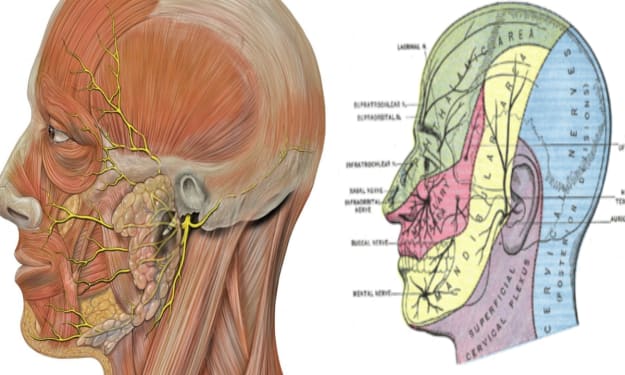
In the Islamic faith, Ramadan stands as a sacred period of spiritual reflection, self-discipline, and heightened devotion to Allah. Among its myriad teachings, one of the central pillars of Ramadan is the emphasis on good deeds. Muslims around the world are called upon to increase their acts of charity, kindness, and devotion during this holiest of months. This focus on good deeds finds resonance in Surah Al-Waqi'ah, a chapter of the Quran that underscores the profound importance of righteous actions and their implications for both the present life and the Hereafter.
Ramadan, a month of fasting, prayer, and reflection, presents a unique opportunity for Muslims to deepen their connection with Allah and their fellow human beings. Central to this spiritual journey is the concept of good deeds, which holds significant importance in Islamic teachings. The Prophet Muhammad (peace be upon him) emphasized the significance of good deeds, stating, "The most beloved deed to Allah is the most regular and constant even if it were little" (Sahih Bukhari).
During Ramadan, Muslims are encouraged to intensify their acts of charity. This includes not only giving alms to the poor and needy but also extending kindness and assistance to those in need within their communities. The month of Ramadan serves as a reminder of the blessings bestowed by Allah and the importance of sharing these blessings with others. Muslims are urged to be more compassionate, generous, and empathetic towards their fellow human beings, embodying the spirit of goodwill and solidarity.
Surah Al-Waqi'ah, with its profound teachings on the Day of Judgment and the consequences of one's actions, reinforces the significance of good deeds in Islam. The surah vividly describes the varying destinies of individuals based on their deeds, highlighting the importance of righteousness and piety. Muslims are reminded that their actions in this life will have eternal consequences, shaping their fate in the Hereafter. This serves as a powerful motivation for believers to engage in acts of goodness and righteousness throughout Ramadan and beyond.
The connection between Ramadan and Surah Al-Waqi'ah lies in their shared emphasis on accountability and righteousness. Ramadan serves as a period of introspection and self-renewal, prompting Muslims to evaluate their conduct and strive for spiritual improvement. Surah Al-Waqi'ah, meanwhile, serves as a timeless reminder of the ultimate reality of the Hereafter and the importance of living a life characterized by faith and good deeds.
In Surah Al-Waqi'ah, Allah declares, "And you prefer the worldly life, while the Hereafter is better and more enduring" (Quran 87:16-17). This verse encapsulates the essence of Ramadan and its emphasis on prioritizing the eternal over the temporal. Muslims are encouraged to focus not only on the immediate gratifications of this world but also on the everlasting rewards of the Hereafter. This shift in perspective fosters a sense of detachment from worldly possessions and a greater commitment to acts of goodness and righteousness.
Throughout Ramadan, Muslims engage in various forms of worship, including prayer, fasting, and recitation of the Quran. However, these rituals are not ends in themselves but means to attain spiritual growth and closeness to Allah. The true essence of Ramadan lies in the transformation of hearts and minds, leading to a renewed commitment to righteousness and compassion.
As Muslims strive to emulate the teachings of Surah Al-Waqi'ah during Ramadan, they are reminded of their moral responsibility to uphold justice, mercy, and kindness in all aspects of their lives. Every act of charity, every word of kindness, and every moment of devotion serves as a testament to their faith and a means to attain closeness to Allah. Ramadan thus becomes not only a month of fasting but also a journey of self-discovery and spiritual elevation.
In conclusion, Ramadan serves as a poignant reminder of the importance of good deeds in Islam. Inspired by the teachings of Surah Al-Waqi'ah, Muslims strive to increase their acts of charity, kindness, and devotion during this blessed month. Through their actions, believers seek to attain Allah's pleasure and secure their place in the eternal abode of paradise. As they navigate the challenges of life, Ramadan serves as a guiding light, illuminating the path of righteousness and leading them towards the ultimate goal of attaining closeness to Allah.






Comments
There are no comments for this story
Be the first to respond and start the conversation.